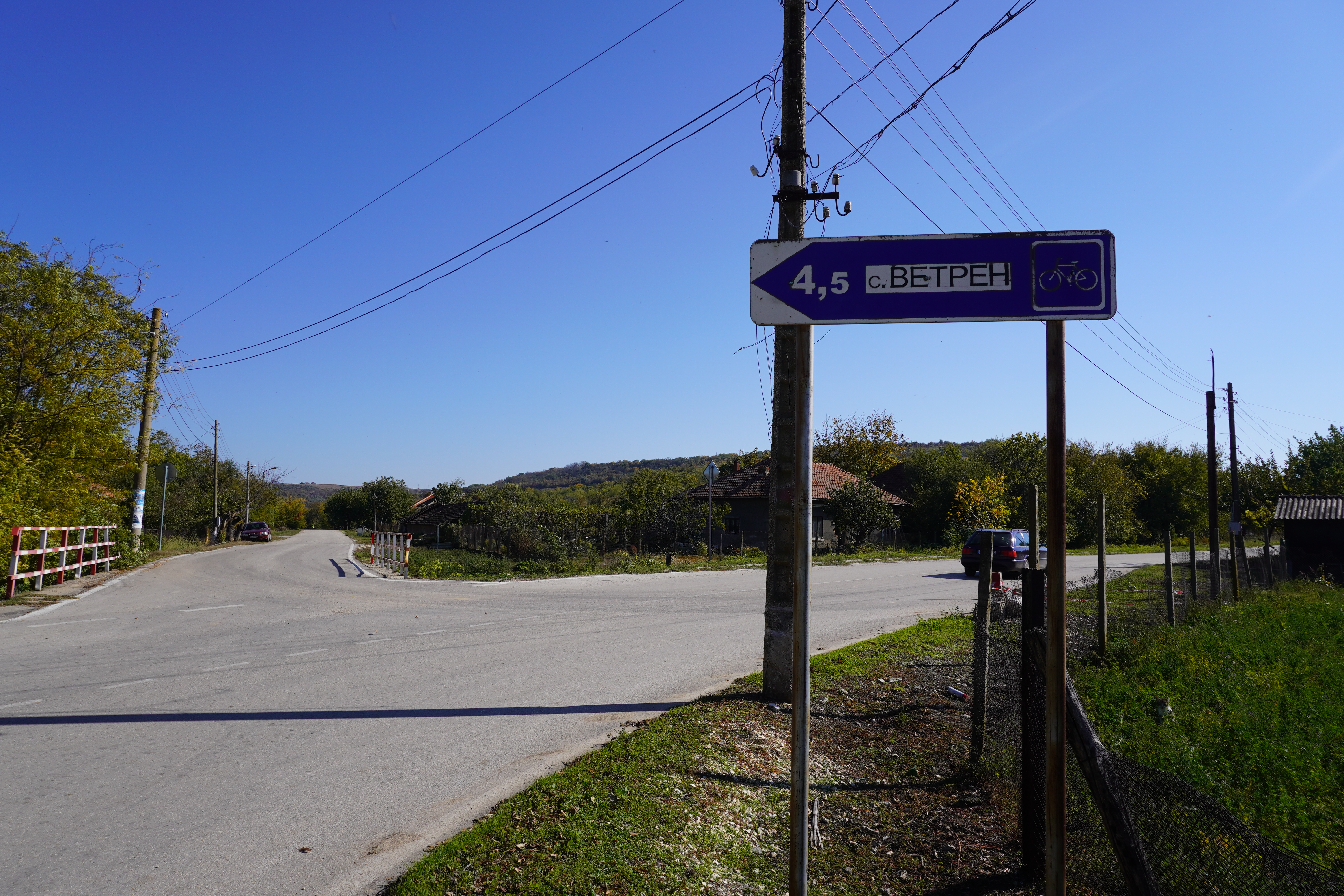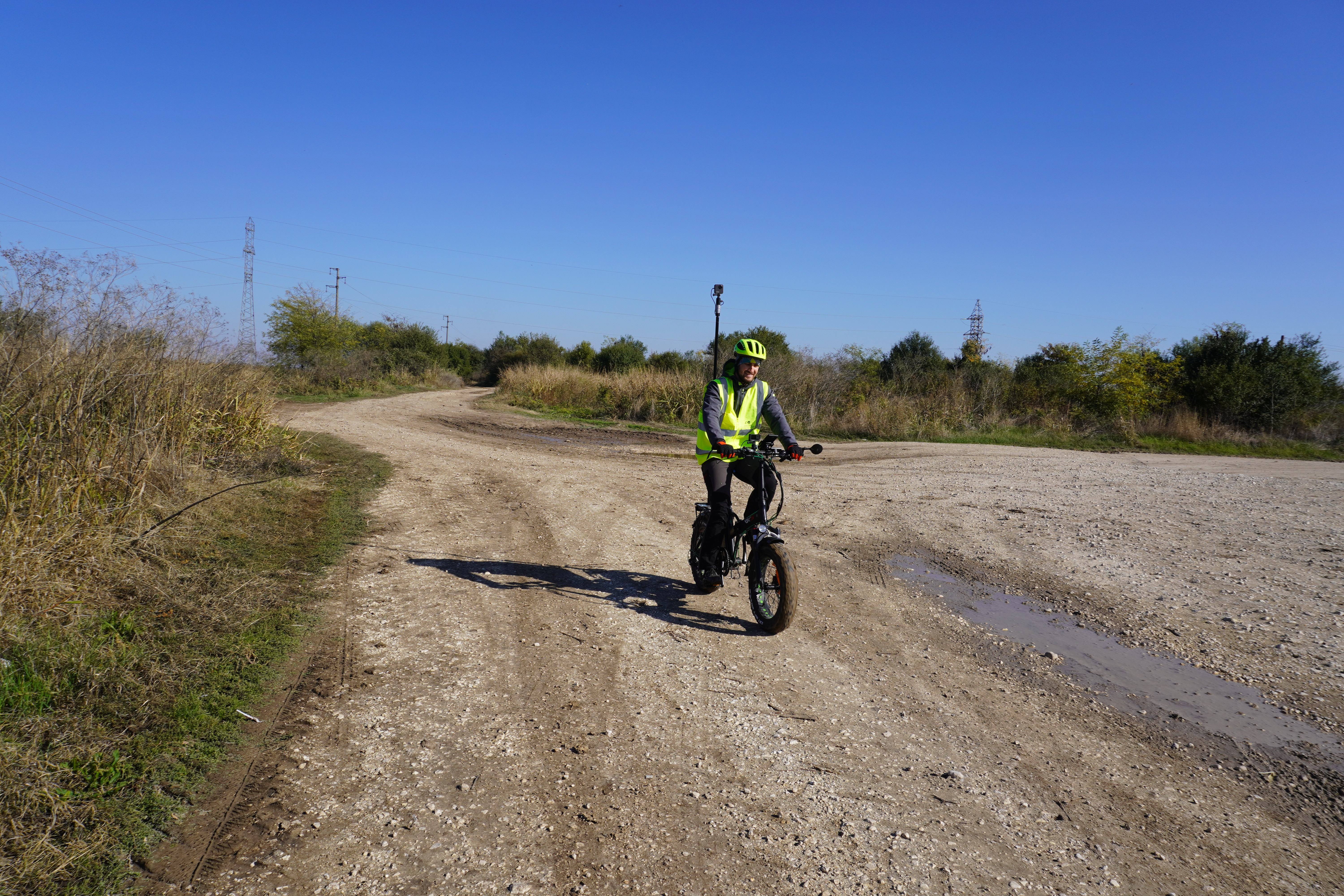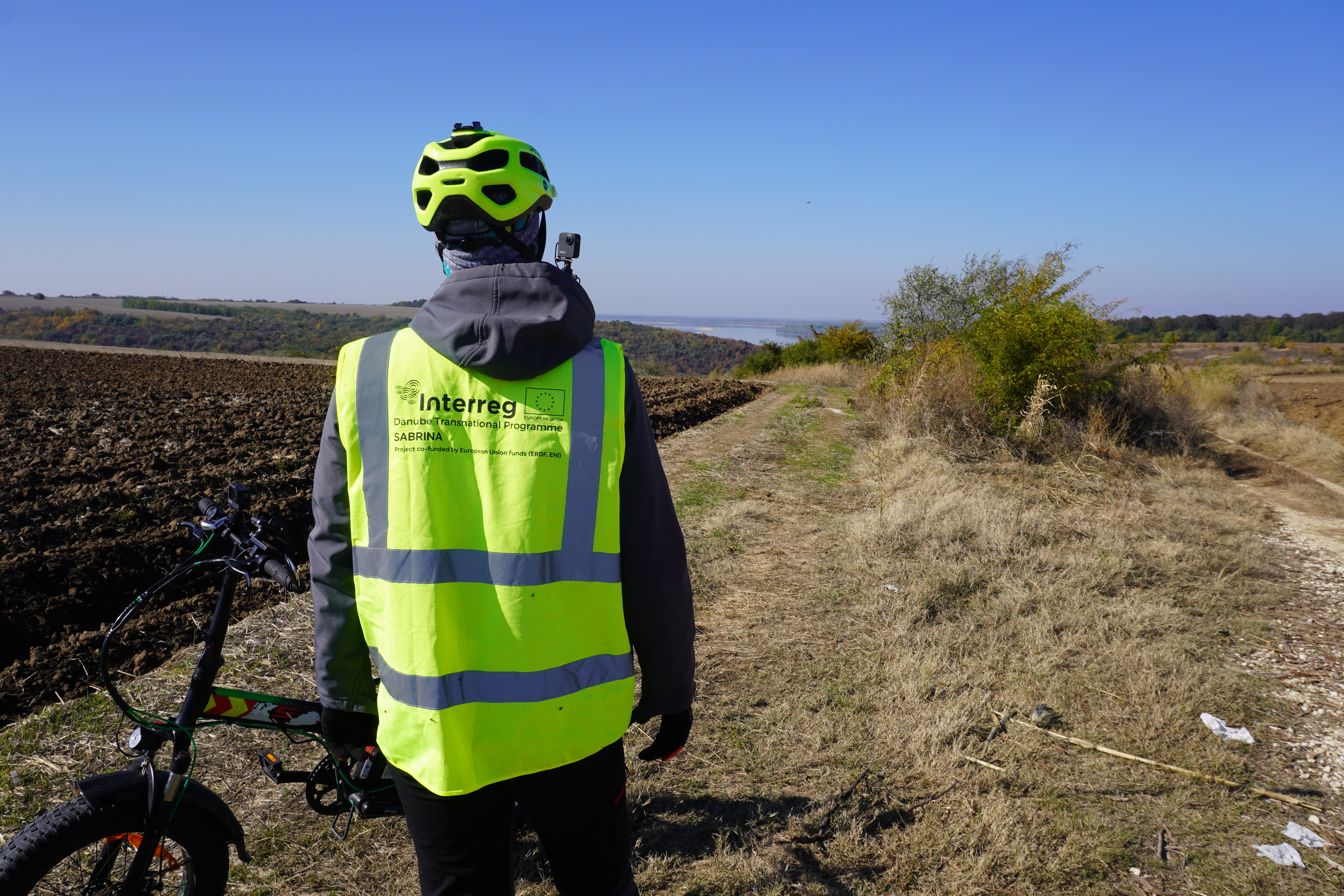SABRINA - SAFETY INSPECTIONS OF BICYCLE ROUTES IN BULGARIA
20-12-2021
The SABRINA project partners continued with the safety inspections of bicycle routes at the end of October. After the initial planning phase, testing of equipment and safety surveys in Croatia, Slovenia and Austria, our team of trained analysts from the SABRINA project partner the University of Zagreb, Faculty of Transport and Traffic Sciences (FPZ) hit the road again. At the end of October, they visited Bulgaria.
In the project, we focus on the EuroVelo routes. Two of them – no. 6 (Atlantic – Black Sea) and no. 13 (Iron Curtain Trail) – are also passing Bulgaria. According to European Cyclists’ Federation (ECF), “Bulgaria is one of the least visited cycling destinations in Europe due to its distance from western Europe, but the cycle tourists that do venture there will discover a beautiful country perfect for cycle touring.” For now, there is no official ECF National EuroVelo Coordination Centre nor Coordinator in Bulgaria and the EuroVelo routes are under development.
The SABRINA project team surveyed 389 km of the EuroVelo 13 between cities Dragoman, Kiustendił and Blagoevgrad (west of Bulgaria) and between cities Ruse and Silistra (north-east of Bulgaria). Leonid Ljubotina from the FPZ who was mostly responsible for riding the survey bicycle in the areas which were not accessible by the survey car, said after the surveys: “The EuroVelo routes in Bulgaria are quite unique and interesting, offering beautiful sightseeing locations throughout the untouched Bulgarian nature. However, dedicated biking infrastructure is really scarce, cycle route signage is almost non-existent and most of the surveyed EuroVelo route sections are not adapt for inexperienced cyclists.”
The safety assessment that will follow will include more than 50 road design features that are known to influence the likelihood of accidents and the severity of injuries to road users and cyclists in mixed traffic. Every relevant design feature recorded during the route inspections is assessed in accordance with the existing protocols of the Road Assessment Programmes (RAP) (iRAP and CycleRAP) and the European Certification Standard (ECS) developed by the ECF. The results, including the iRAP Star Rating of the routes, will show how safe the respective routes are for cyclists and what could be done to improve their safety.




Photos: University of Zagreb, Faculty of Transport and Traffic Sciences
![]()



